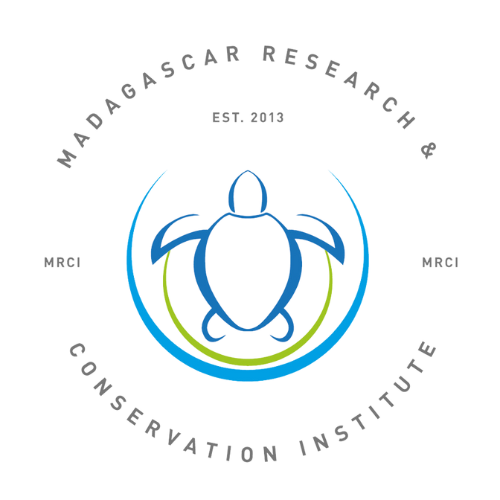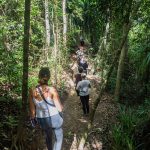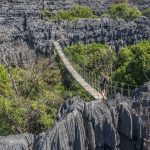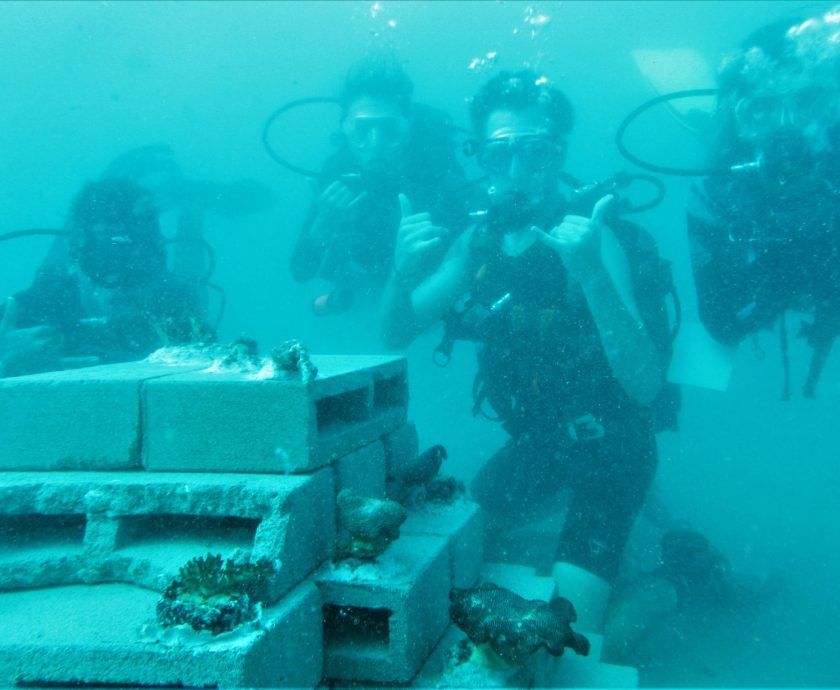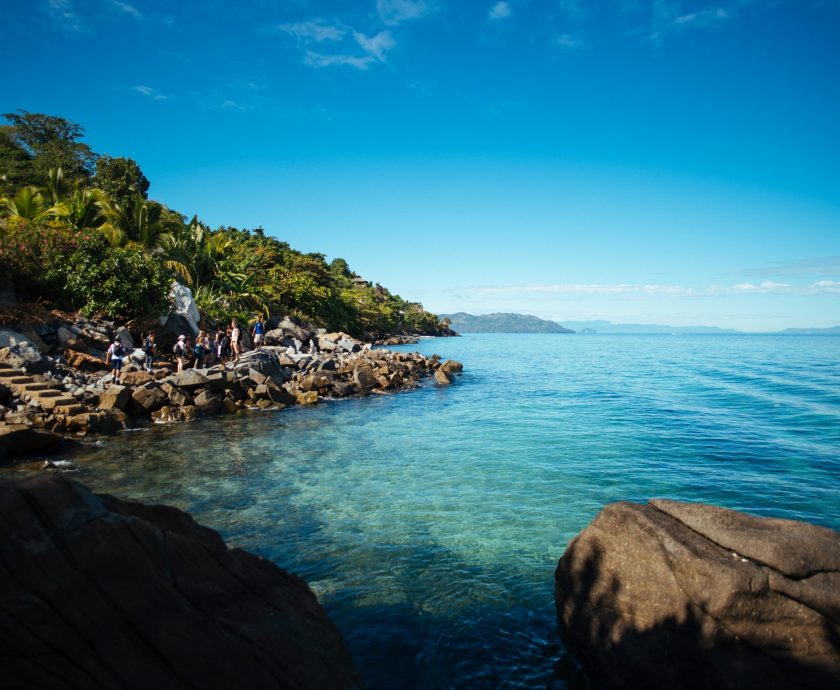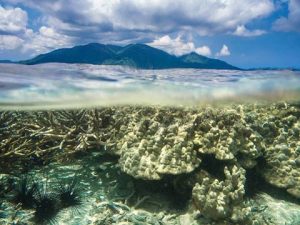 Volunteering in Madagascar is a wonderful way for students to give back during their gap year.
Volunteering in Madagascar is a wonderful way for students to give back during their gap year.
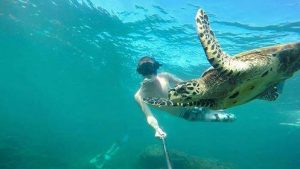 With its sparkling clear waters and high number of endemic species, diving around the island of Nosy Komba makes for a truly memorable way to spend a vacation and, while the beauty of the island and surrounding ocean leaves many in awe, there is real work to be done to protect its beauty and bio-diversity.
With its sparkling clear waters and high number of endemic species, diving around the island of Nosy Komba makes for a truly memorable way to spend a vacation and, while the beauty of the island and surrounding ocean leaves many in awe, there is real work to be done to protect its beauty and bio-diversity.
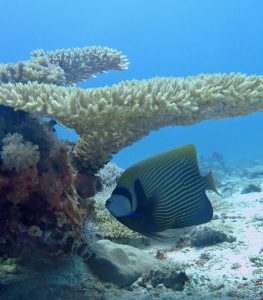 Volunteers participating in our marine conservation program regularly participate in surveys, including Coral Disease Surveys. Our Marine Science Office, Merik K. Ratushniak, was both excited and disappointed to spot a large Hawksbill turtle not too long ago…
Volunteers participating in our marine conservation program regularly participate in surveys, including Coral Disease Surveys. Our Marine Science Office, Merik K. Ratushniak, was both excited and disappointed to spot a large Hawksbill turtle not too long ago…
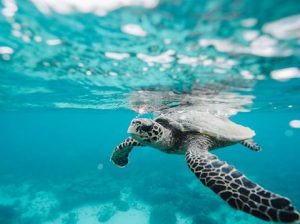 “During one of our Coral Disease Surveys at Turtle Towers (the reef directly in front of our camp) Katie, Kelly and I unfortunately discovered a Hawksbill Sea Turtle that recently died due to entanglement from a trawl net.
“During one of our Coral Disease Surveys at Turtle Towers (the reef directly in front of our camp) Katie, Kelly and I unfortunately discovered a Hawksbill Sea Turtle that recently died due to entanglement from a trawl net.
When I first saw the turtle I was incredibly excited to see a Hawksbill over a meter as it takes 20-30 years to grow to this size, even more so to see one this close. However, when I got closer to the Hawksbill I saw that the net had been wrapped around its neck, one of its fins and tightly wrapped around a section of the reef making in entirely unable to escape to the surface to get air.
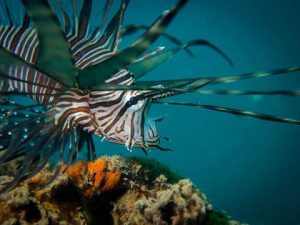 I spent the next 20 minutes cutting the net off the reef and untangling the deceased turtle and then set it down off the reef in the sand so no one else diving that day would have to see the Turtle.
I spent the next 20 minutes cutting the net off the reef and untangling the deceased turtle and then set it down off the reef in the sand so no one else diving that day would have to see the Turtle.
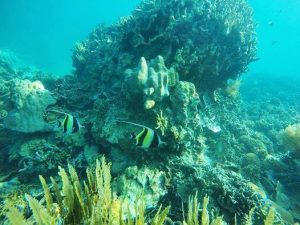 Later that week our Diving Instructor, Dalton Dannish, and I went to recover the turtle from the sea to bring back to camp in order to bury the Hawksbill just off camp. In a couple of months we plan to dig up the sea turtle, clean the bones and display it on a camp with a story of what happened that day.
Later that week our Diving Instructor, Dalton Dannish, and I went to recover the turtle from the sea to bring back to camp in order to bury the Hawksbill just off camp. In a couple of months we plan to dig up the sea turtle, clean the bones and display it on a camp with a story of what happened that day.
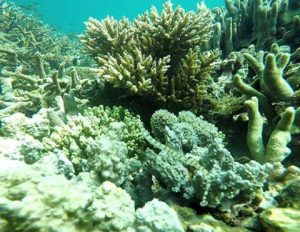 Hawksbills are critically endangered and Madagascar is one of the few places in the world where you can witness the grace of these amazing creatures in the water.
Hawksbills are critically endangered and Madagascar is one of the few places in the world where you can witness the grace of these amazing creatures in the water.
Although this accident was horrific, it has helped the push for our reef become protected. Sometime this year our reef will be a NTZ (No Take Zone) and fishing will be prohibited on our reef.
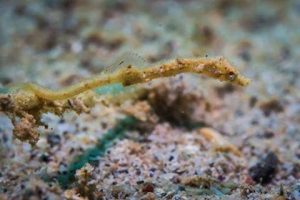 After our paperwork is signed for the protection and conservation of our reef, there will be a radio broadcast across Nosy Komba telling all the fishermen that our reef is protected and they are unable to fish there again. This is very exciting for our Marine Project, as we have been struggling for years trying to get this to happen.
After our paperwork is signed for the protection and conservation of our reef, there will be a radio broadcast across Nosy Komba telling all the fishermen that our reef is protected and they are unable to fish there again. This is very exciting for our Marine Project, as we have been struggling for years trying to get this to happen.
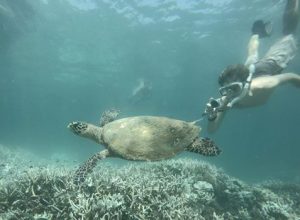 MRCI constantly monitors and actively protects the turtle population and other marine species in and around Nosy Komba and through the protection of our reef our surveys will be more consistent and accurate for determining the reef ecosystem’s health.
MRCI constantly monitors and actively protects the turtle population and other marine species in and around Nosy Komba and through the protection of our reef our surveys will be more consistent and accurate for determining the reef ecosystem’s health.
Furthermore, we educate, meet and work with the fishermen around Nosy Komba in order to meet on neutral ground where both our needs are achieved. Through the conservation of our reef both groups will benefit.
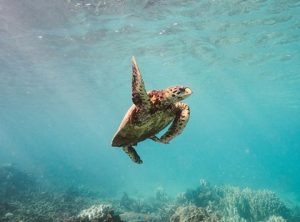 Hopefully this will be the last incident that happens on Turtle Towers and thank you to all you volunteers who are helping make a difference”.
Hopefully this will be the last incident that happens on Turtle Towers and thank you to all you volunteers who are helping make a difference”.
